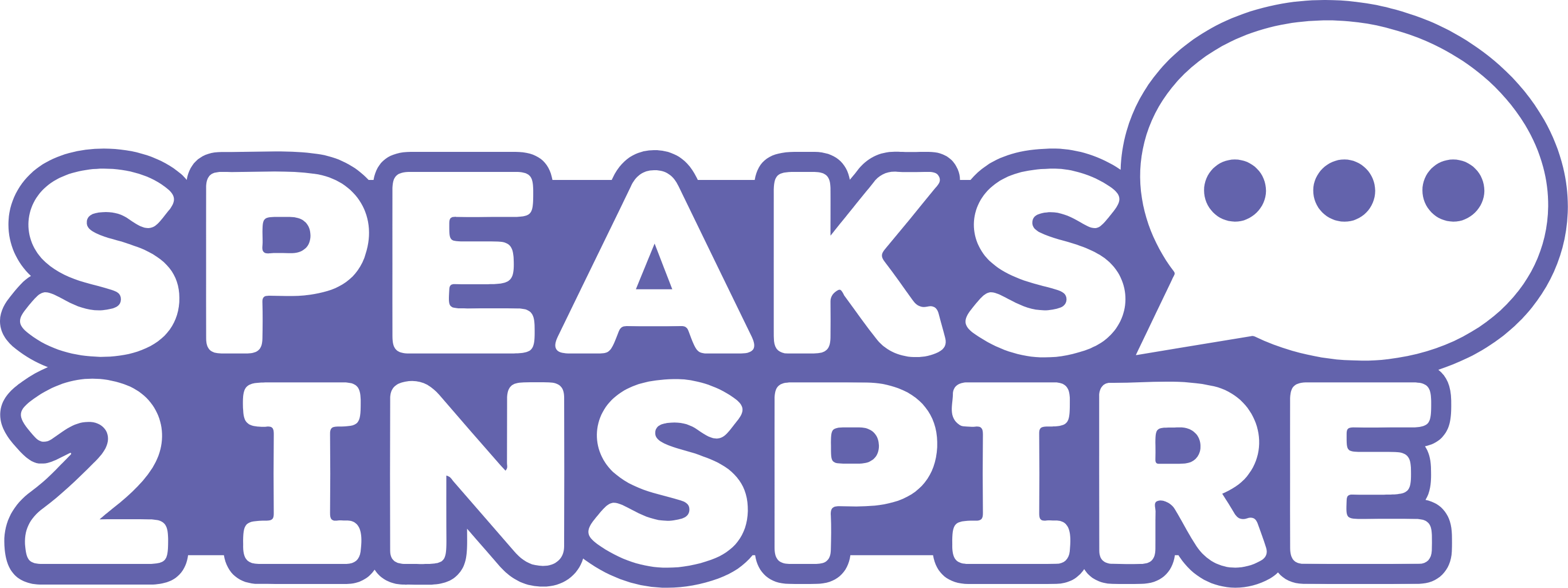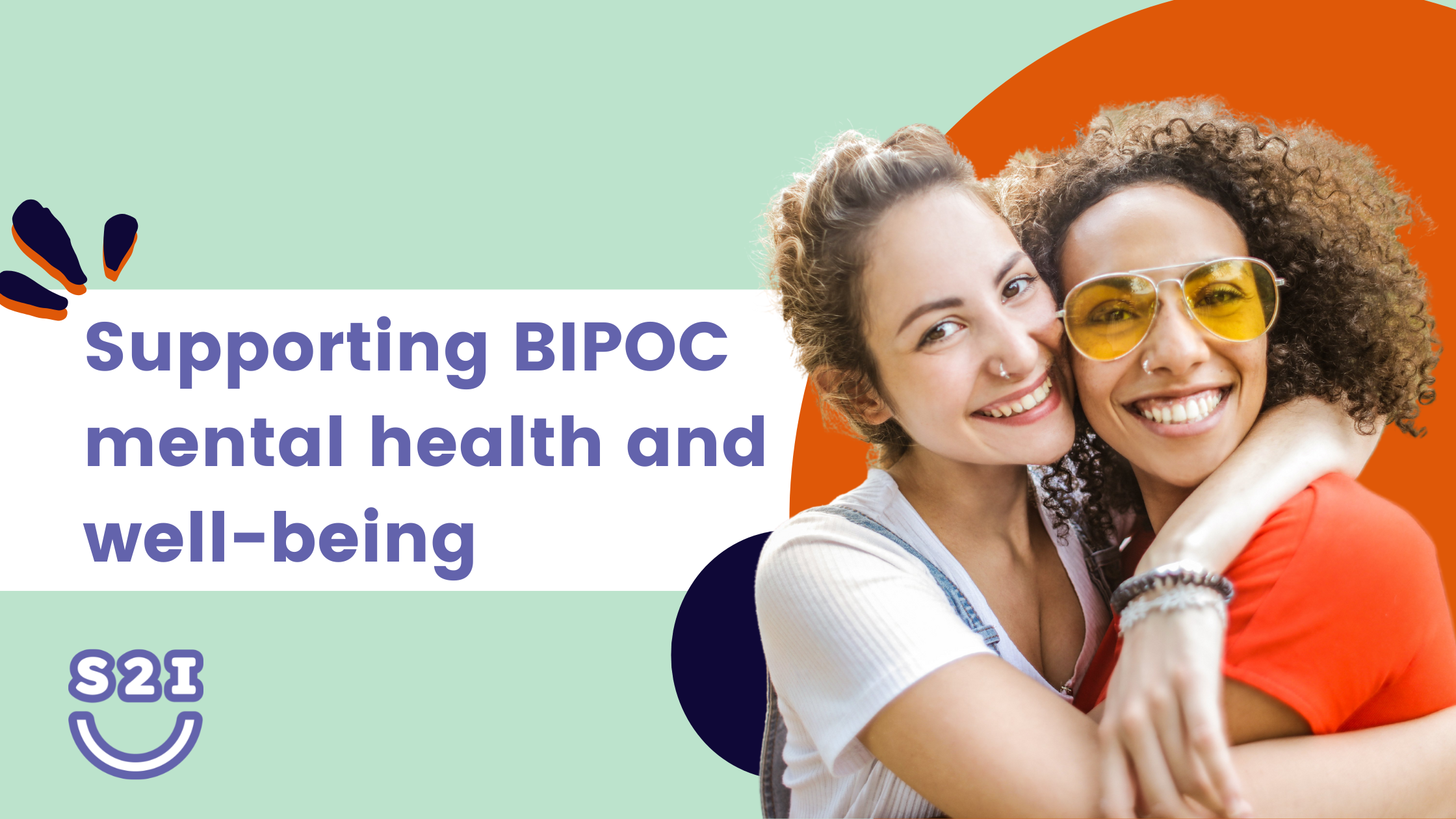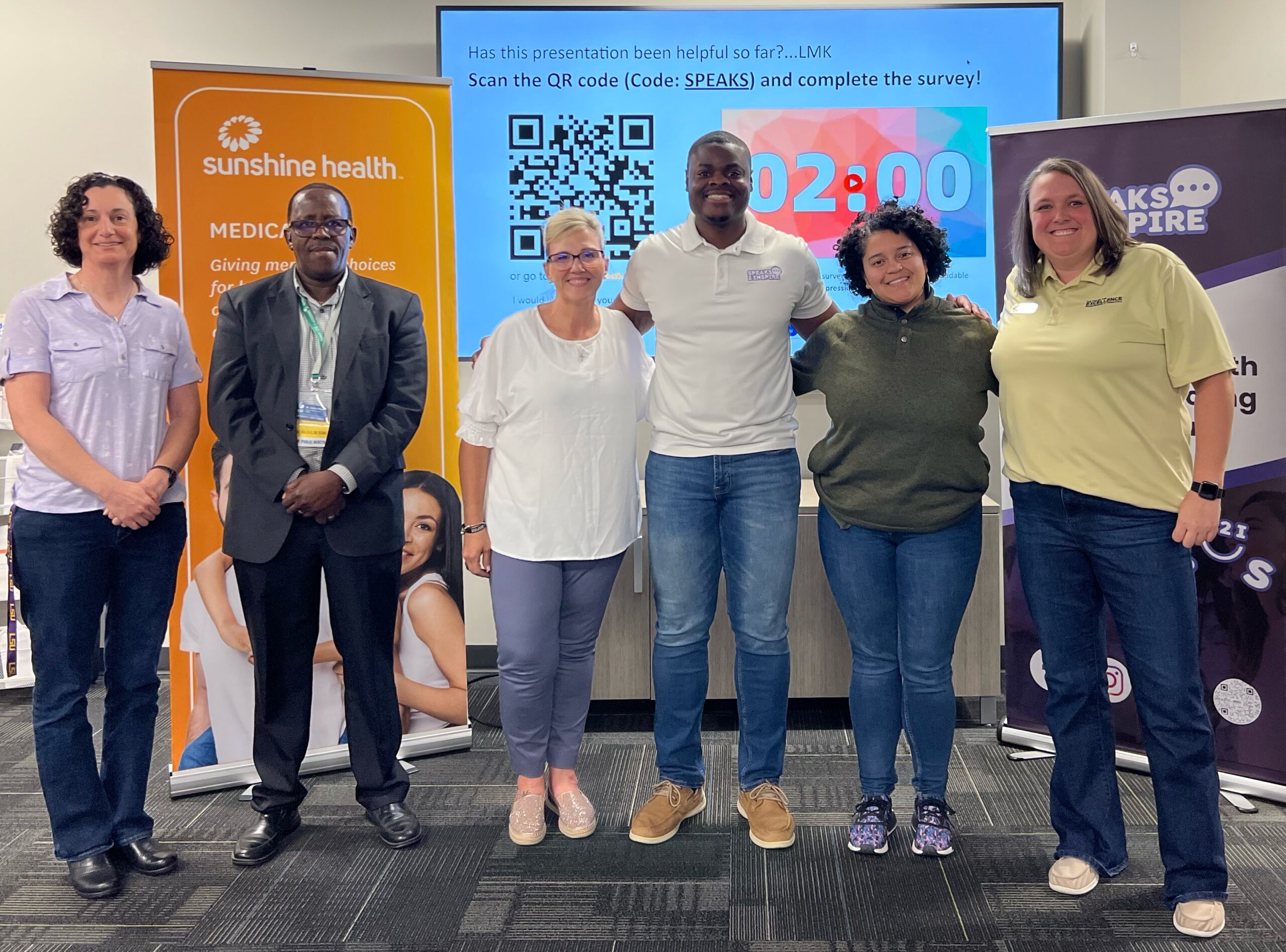This blog was written by Zane Landin, Speaks 2 Inspire:
The BIPOC (Black, Indigenous, and People of Color) mental health community is an intersectional experience that undergoes a spectrum of unique needs and challenges. Highlighting the mental health disparities and addressing the needs of BIPOC young adults does not end in July (BIPOC Mental Health Awareness Month.) We can continue to uplift and celebrate the life experiences this community faces.
Minority mental health awareness month
Bebe Moore Campbell was an influential author, advocate, and supporter of the BIPOC mental health community. She co-founded NAMI (National Alliance on Mental Illness) in Urban Los Angeles and was a national spokesperson. As a committed agent of mental health liberation, Bebe worked tirelessly to drive mental health education and destigmatize how mental health was perceived, particularly in Black and other underrepresented communities. Bebe experienced it firsthand as she struggled to acquire services and support for her daughter, who battled mental health conditions. These conditions exposed her to how people of color marginally experience mental health access.

“Once my loved ones accepted the diagnosis, healing began for the entire family, but it took too long. It took years. Can’t we, as a nation, begin to speed up that process? We need a national campaign to destigmatize mental illness, especially one targeted toward African Americans. It’s not shameful to have a mental illness. Get treatment. Recovery is possible.” —Bebe Moore Campbell
Bebe Moore Campbell National Minority Mental Health Awareness Month was established in May 2008 by the U.S. House of Representatives. Their goal was to improve access to mental health treatment and services, promote public awareness of mental health conditions, and enhance public understanding of mental health among minorities.
Mental health does not discriminate
Mental health does not discriminate, but BIPOC communities always experience discrimination and racism. According to Mental Health America, 6.8 million African Americans, 8.9 million Latinx/Hispanic Americans, 2.2 million Asian Americans, and 830,000 Indigenous people have mental health conditions. People who identify as two or more races are most likely to report any mental health condition. They are less likely to have access to mental health services, seek out treatment, more likely to receive low- or poor-quality care, and end services early. These reasons may result from many barriers, including cultural stigma around mental health treatment, a lack of culturally competent mental health care, language obstacles, systemic discrimination, lack of health insurance, mistrust of mental health care practitioners, and an overall lack of mental health awareness.
How you can help
Mental health is a personal journey, and disclosing segments of your background to a professional can be more challenging if they don’t truly understand what you have experienced. This lack of diversity creates a wide gap in experiences and understanding between mental health practitioners and patients. We need to encourage more people of color to enter careers in the mental health space to shrink this gap.
More work must be done to increase mental health awareness and services for BIPOC communities and diversify the workplace. Now is the perfect time to begin advocating. You can start by reading different resources on how to support minorities and use this opportunity to promote BIPOC mental health resources. Let’s break the stigma and create a culture of quality mental health care for all people.
Connect with the writer, Zane, on LinkedIn.
Contact us to learn more about our programs for colleges and universities. Find out how you can bring an S2I Speaker to your organization!
Scroll down and join our newsletter for more content, event notifications, and S2I updates.
Resources:
Please note: The resources included below are not endorsed by S2I, and S2I is not responsible for the content or service provided by any of these resources.
If you work at a school, you may benefit from the following mental health education resources:
- The Young People of Color Support Guide
- Podcast: Black Student Mental Health: Practical Ways to Support During This School Year
- Listen to these 5 mental health podcasts by therapists of color
Find a therapist or psychiatrist of color near you through:
- Inclusive Therapists
- Clinicians of Color Directory
- Melanin & Mental Health Directory
- Asian Mental Health Collective Directory
- National Asian American Pacific Islander Mental Health Association
- South Asian Mental Health Initiative & Network Provider Directory
- Therapy for Latinx
- Latinx Therapy
- Black Emotional And Mental Health (BEAM) Virtual Therapist Network
- Boris Lawrence Henson Foundation Resource Directory
- Black Mental Health Alliance Database
Was this post valuable? Share it on your social media platform!




